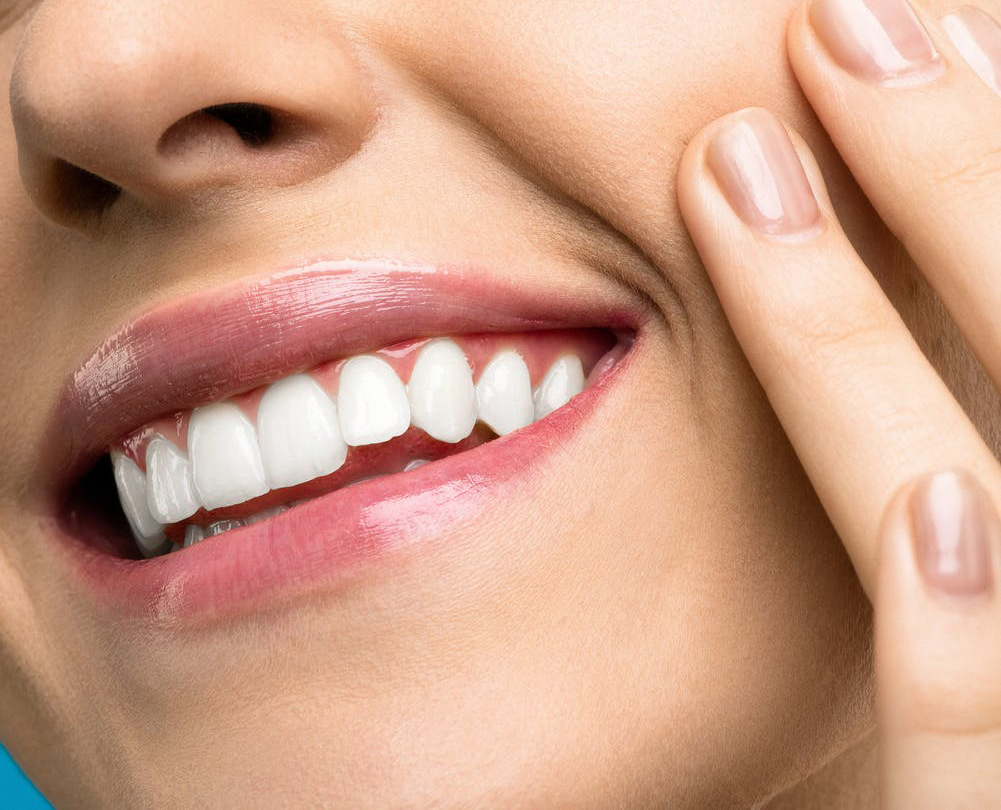
Dental whitening is, in essence, the process of removing stains from the enamel of a tooth to create a whiter and more aesthetically pleasing finish. But how exactly does the process work, and is it complicated if you have sensitive teeth? A dentist Stevenage answers common questions about teeth whitening in the following Q&A.
How are teeth whitened?
Professionally, there are 2 ways that a dental team can whiten your teeth. The first and most common is by using a gel or paste made from up to 60% hydrogen peroxide, depending on the level of staining and the condition of your teeth. This is used to remove surface stains, which occur due to activities like smoking, drinking coffee and eating sugary snacks. The gel will be painted onto your teeth and exposed to UV light; this activates the oxygen in the gel and causes the stains to lift off of the tooth. This can be used to lighten your teeth up to 18 shades over 2 weeks. Then, you can be offered abrasion whitening, which is more commonly performed on subsurface stains caused by issues like fluorosis. Abrasion whitening works by gently removing stained enamel and should only be attempted if you have strong and thick teeth.
Can whitening teeth make them more sensitive?
It is true that some dental whitening techniques can make teeth more sensitive; this is due to the microscopic holes in the teeth becoming aggravated and exposed to the air through the use of either abrasion or oxidising gels. However, if you have dental sensitivity prior to having your teeth whitened, you should disclose this to your dental team to allow them to make alterations to the concentration in the dental gels, thus reducing any secondary sensitivity. Alternatively, they may be able to offer you another option to whiten your teeth, such as porcelain veneers.
Can toothpaste be used to whiten teeth?
It has become more common for commercial brands of toothpaste and mouthwash to state that they can remove surface stains and whiten teeth. In reality, many of them simply do not contain the correct concentrations of hydrogen peroxide to meet this challenge, and you would be lucky if your teeth are whitened by even one shade. If you want to have your teeth whitened, you should seek help from a trained dental professional, who will allow you to have more control over the final shade of your teeth and offer you top-up gels to use at home.
How long will teeth be whiter for?
When you have your teeth whitened, you will understandably want to keep them that way for as long as possible. The effects of whitening can last from anywhere between 3 months to 3 years, depending on your lifestyle choices and other variables such as how often you visit your dental team or use top-up formulas. If you smoke or consume drinks and food high in tannins, then it is highly likely that the whitening effects of the procedure will not last long.




